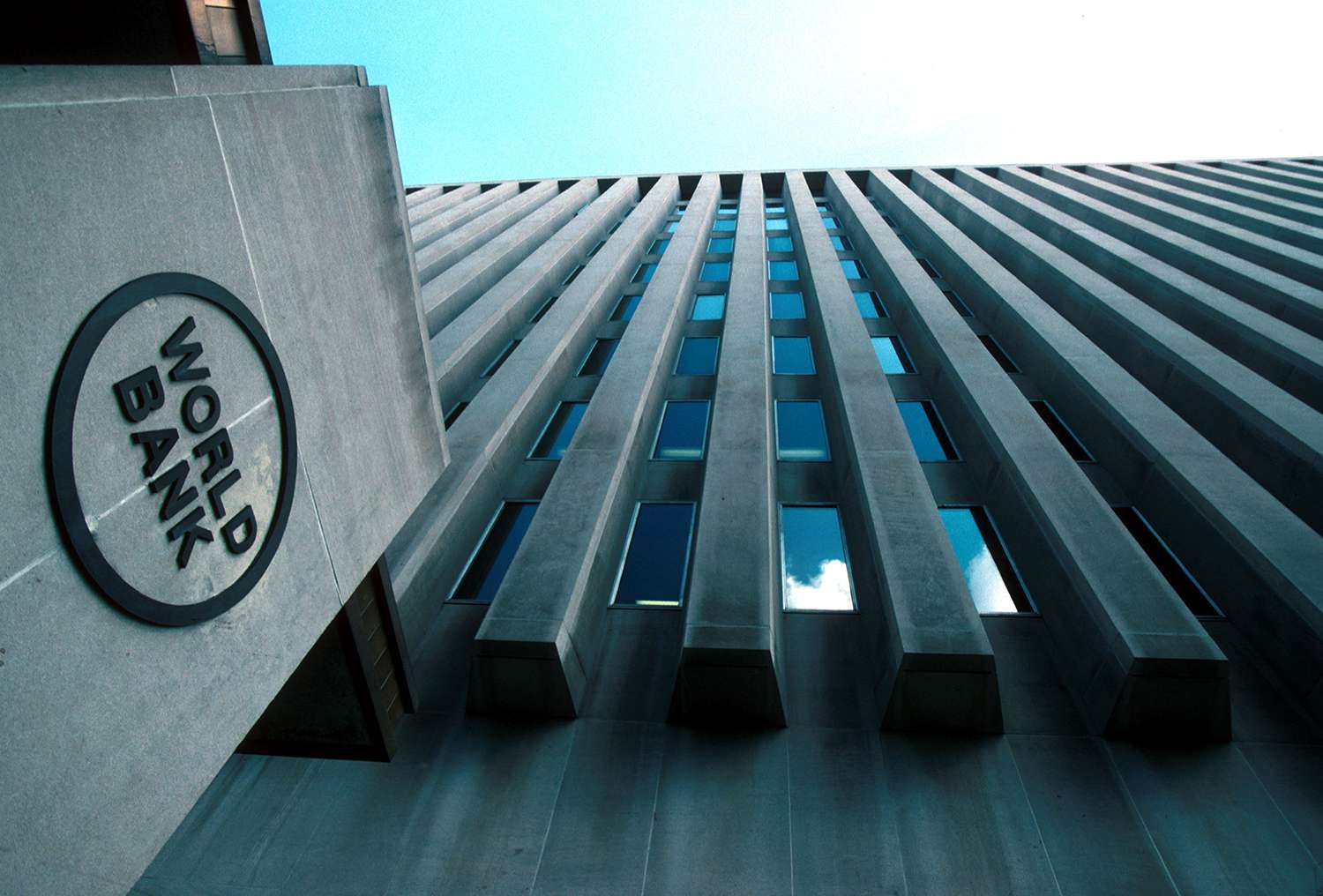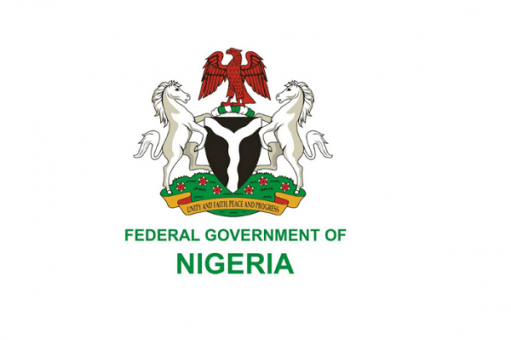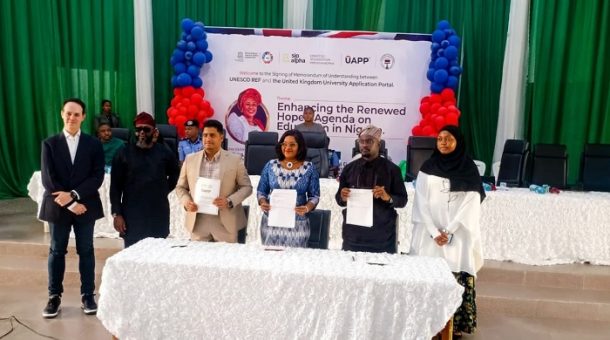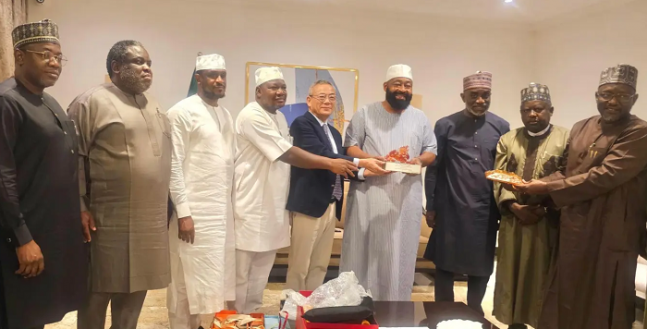
In its quest to secure a new $750 million loan from the World Bank, the Federal Government is contemplating reintroducing previously suspended telecom taxes and other fiscal measures.
This intention is disclosed in the Stakeholder Engagement Plan for Nigeria – Accelerating Resource Mobilisation Reforms program between Nigeria and the World Bank.
A document of the plan, available on the World Bank website, suggests that the government is considering reinstating excises on telecom services and the EMT levy on electronic money transfers via the Nigerian Banking System, among other taxes.
President Bola Tinubu had suspended the five percent excise duty on telecommunications and the Import Tax Adjustment levy on specific vehicles in July 2023.
However, indications now suggest that this suspension might be lifted to meet the program targets for a new World Bank loan, with negotiations underway between the government and the World Bank.
It was observed that the government had initially sought the loan in 2021 but was halted without clear reasons.
The objective of the program is to bolster the government’s financial standing by enhancing its capacity to effectively manage and mobilize domestic resources, which includes improving tax and customs compliance and safeguarding oil revenues.
The planned tax reforms under the ARMOR program are anticipated to have significant ramifications across various economic sectors.
Part of a larger governmental initiative running from 2024 to 2028, the PforR Programme aims to reform tax and excise regimes, enhance the administrative capabilities of tax and customs, and ensure transparency in oil and gas revenue management.
The World Bank’s contribution of $750 million constitutes a substantial portion of the program’s budget, with the government expected to contribute $1.17 billion through annual budgetary allocations.
The plan outlines that stakeholders likely to be affected include manufacturers of goods such as alcoholic beverages, tobacco products, sugar-sweetened beverages, telecom and banking service providers, as well as the general tax-paying public, importers, and international traders.
Various industry groups, including the Association of Licensed Telecom Operators of Nigeria, are being engaged concerning the excise duties on telecom services.
The program also underscores the importance of engaging vulnerable groups to ensure they are not disproportionately affected by these changes.
Furthermore, specific allocations for technical assistance are outlined, with $5 million each designated for the Federal Inland Revenue Service and the Nigeria Customs Service to support their capacity to implement the new measures effectively.
This encompasses the development of systems for better data sharing, risk-based audits, compliance processes, as well as significant investments in program management and capacity building.





